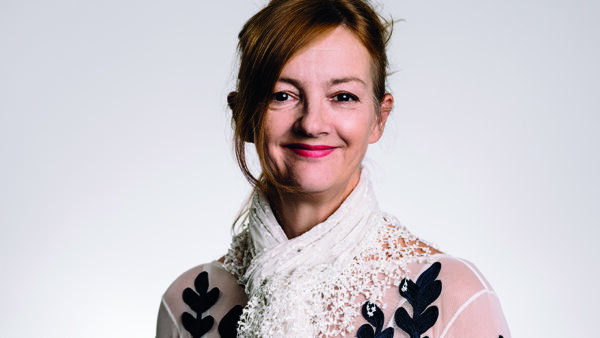
Carillion’s board were both responsible and culpable for the company’s failure in January and presided over a “rotten corporate culture” that led to its “devastating and hugely costly” failure, according to MPs.
The comments came as part of the Carillion joint inquiry’s final report into the failed contractor.
Carillion’s rise and fall was a story of “recklessness, hubris and greed” and its business model a “relentless dash for cash, driven by acquisitions, rising debt and exploitation of suppliers”, the report claimed.
The report also criticised Carillion’s “questionable accounting practices” that “misrepresented the reality of the business”.
It reserved some of its criticism for the government, which it said lacked decisiveness and bravery when it came to addressing failures in corporate regulation that allowed Carillion to become a “corporate time bomb”.
And it called on the government to carry out an “ambitious and wide-ranging set of reforms” to reset the systems of corporate accountability.
Did directors breach duties?
Meanwhile, the MPs directed the Insolvency Service to “carefully consider” whether Carillion’s former directors breached their duties under the Companies Act and should be recommended to the Secretary of State of disqualification.
The report slammed Carillion’s directors. It said former finance director Richard Adam was the “architect of Carillion’s aggressive accounting policies” while former chief executive Richard Howson was the figurehead for a business that “careered progressively out of control under his misguidedly self-assured leadership”.
Meanwhile, it asserted that former chairman Philip Green was an unquestioning “optimist” when his role should have been to challenge.
The report was also highly critical of Carillion’s directors’ decision to increase its dividend pay-out every year, and noted that even as the firm was unravelling the board was “concerned with increasing and protecting generous executive bonuses”.
Aggressing accounting
And it detailed a series of “aggressive” accounting practices described by one major shareholder in Carillion as having “no place in a healthy audit”.
It highlighted how, after a November 2016 internal peer review of Carillion’s Royal Liverpool Hospital contract showed that it was making a loss, Carillion’s management overrode the assessment and insisted on a health profit margin being assumed in the 2016 accounts. The difference between the two assessments was around £53m – the same loss included for the hospital contract in the Carillion’s July 2017 profit warning.
The report also found that Carillion recognised considerable amounts of construction revenue that was “traded not certified” – revenue that clients had not yet signed off. In December 2016, the company was recognising £294m of traded not certified revenue – £60m more than in June 2014.
Meanwhile, the company’s early payment facility (EPF) helped it to hide its failure to generate enough cash to support the revenues it was recognising, as reported earlier this week by CM.
“Same old story”
Frank Field, chair of the Work and Pensions Committee, who oversaw the Carillion joint inquiry alongside Rachel Reeves, said: “Same old story. Same old greed. A board of directors too busy stuffing their mouths with gold to show any concern for the welfare of their workforce or their pensioners.
“They rightly face investigation of their fitness to run a company again. This is a disgraceful example of how much of our capitalism is allowed to operate, waved through by a cosy club of auditors, conflicted at every turn. Government urgently needs to come to Parliament with radical reforms to our creaking system of corporate accountability. British industry is too important to be left in the hands of the likes of the shysters at the top of Carillion.”
Reeves added: “Carillion’s collapse was a disaster for all those who lost their jobs and the small businesses, contractors and suppliers left fighting for survival. The company’s delusional directors drove Carillion off a cliff and then tried to blame everyone but themselves. Their colossal failure as managers meant they effectively pressed the self-destruct button on the company.
“However, the auditors should also be in the dock for this catastrophic crash. They are guilty of failing to tackle the crisis at Carillion, failing to insist the company paint a true picture of its crippling financial problems. The sorry saga of Carillion is further evidence that the Big Four accountancy firms are prioritising their own profits ahead of good governance at the companies they are supposed to be putting under the microscope.”
Comments
Comments are closed.











With all due respect the directors of the board and their auditors should be investigated by the serious fraud office. It may be costly but a justifiable action to prevent future and current directors of major companies acting irresponsibly.